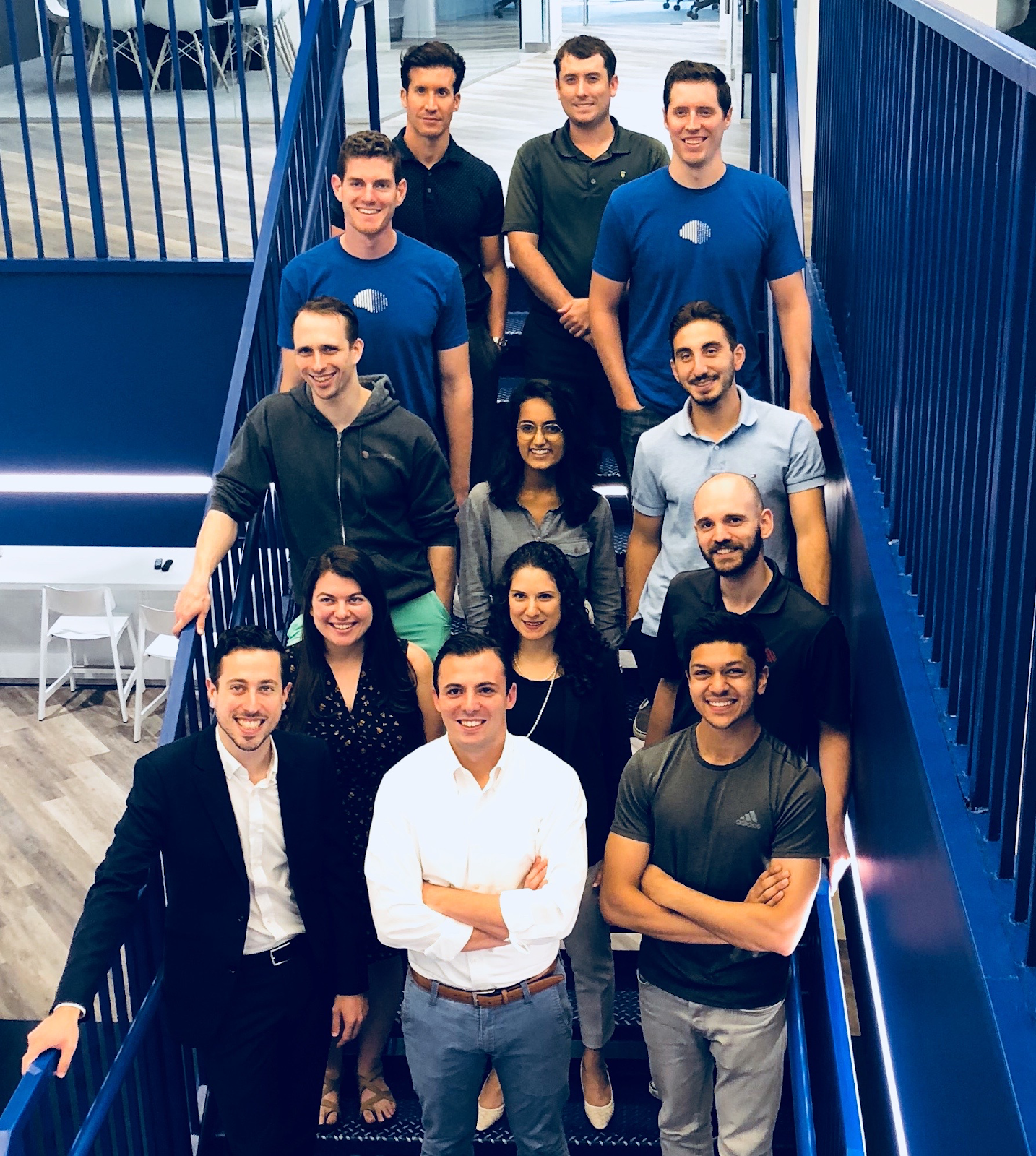Meet The Finalists: NeuroFlow!
Finalist NeuroFlow promotes behavioral health access and engagement in all care settings to improve outcomes, overall wellness, and cost of care. Their suite of tools enables remote monitoring and behavioral health integration across the continuum of care, including psychology, primary care, and pain management settings.
Christopher Molaro, CEO and Founder of NeuroFlow, shares his thoughts on the startup’s journey. He discusses how the military shaped his life and how he applies the lessons he learned in the military to his startup today. He discusses why it’s important to have a clear vision and strategy for your startup, and why listening and hard work will help you get funding and help you succeed.
What surprised you most about getting started as a start-up?
Before founding NeuroFlow I served as an officer in the Army, having the privilege of leading a platoon (organization of 30-40 soldiers) in combat. I was surprised with just how similar the two roles, startup CEO/Founder and platoon leader, actually are. Both roles are leadership challenges, focusing an organization on a mission, in sometimes difficult circumstances, and you have to work as a team to succeed. Albeit, that the consequences of failure are different. Looking back, this makes intuitive sense - leadership is leadership, in no matter what role. It was a welcomed surprise to realize that the similarity in the required skills, qualities and mentality to be successful in a startup is analogous to those required to be successful in the Army.
Best tips for getting funding?
In my opinion, the biggest tip that is paramount for being successful in fundraising is to listen. This may seem obvious but I think to truly listen, and do it well, is harder than you expect. We were told 'no' a lot by investors early on, or were passed on, and you can imagine, given every excuse in the book for why they weren't ready to invest. Because we were intent on listening to the reasons, which each and every 'no' we learned something new or reinforced a previous learning point and were able to get better, improve our pitch and ultimately successfully fundraise. The good news is that the skill to listen and create actionable feedback and next-steps from what you hear is applicable to many, if not all, parts of running your business - certainly sales to recruiting to managing and leading your team.
What is an entrepreneur's #1 job?
Easy. It's setting the vision, strategy, and culture of the company. The vision, strategy, and culture, will have lasting effects, for better or worse, on your business for as long as you are in business. In order to do this effectively, you have to know the market better than anyone else and you have to understand your product better than anyone else. Close seconds are then recruiting and bringing the best possible people on your team to help execute that strategy and of course, resource management (including fundraising), ensuring you have the tools and resources to equip those people to accomplish their jobs.
What is the best career advice you've received?
This was a hard one to answer. I am fortunate to have had the benefit of mentors and role models throughout my career, both in the Army and in the business world, that have each helped with valuable advice and different yet helpful perspectives. The overarching theme though, is sort of a catch-all, in that if you are doing something, dedicating time, resources and energy to doing something, then it’s worth doing it well. It doesn't matter what the task is or how small or mundane it may seem. If you are dedicating energy to doing something you should be prepared to do it the best way you know how, otherwise, it should be seriously questioned on why you're doing it in the first place. I have found this helpful because it permeates beyond just career advice but can be applied to anything, and has proven to be a helpful guidepost for me in my career.
Favorite quote.
As a West Point graduate, and Army Veteran, I'm a sucker for military quotes. My favorite being when General Patton said, "A good plan violently executed right now is far better than a perfect plan executed next week." I also think this is incredibly relevant to startup life and culture. Time isn't on our side as an early-stage company. If we don't execute our plan today, there may not be a tomorrow.
Have more Questions? Connect with Chris and NeuroFlow.
Website: NeuroFlow
LinkedIn: NeuroFlow on LinkedIn
Twitter: NeuroFlow on Twitter
Instagram: NeuroFlow on Instagram

